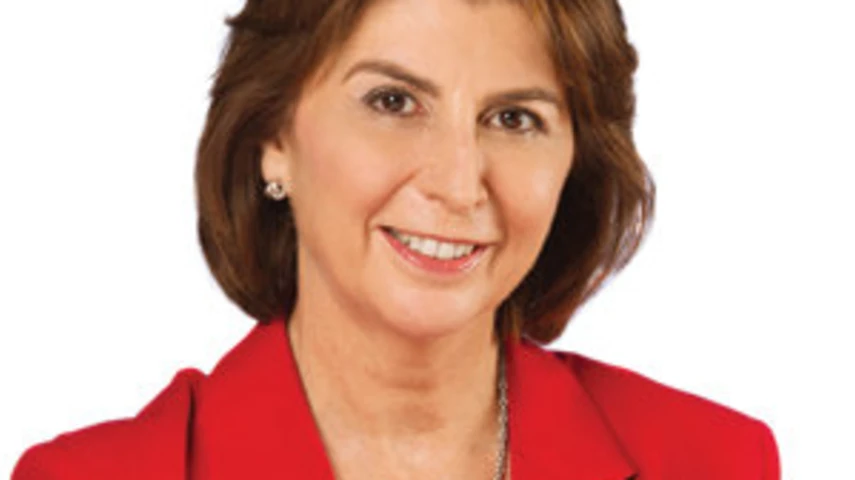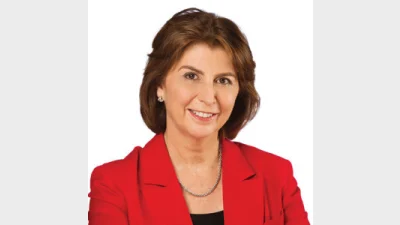Super vigilance urged on ASIC user-pays



Superannuation funds cannot afford to ignore moves towards a "user-pays" model for the Australian Securities and Investments Commission (ASIC) in circumstances where most funds are now involved in the delivery of financial advice, according to Association of Superannuation Funds of Australia (ASFA) chief executive, Pauline Vamos.
Speaking to Super Review as part of its 2016 superannuation policy outlook feature, Vamos said that virtually all funds stood to be impacted by the user-pays model being canvassed for ASIC, particularly if the model utilised a formula based on Funds under Management (FUM).
Superannuation funds are largely supervised by the Australian Prudential Regulation Authority (APRA) and contribute to the funding of both ASIC and the Australian Taxation Office via the financial services supervisory level, also known as the "APRA levy".
ASIC chairman, Greg Medcraft has pressed for a user-pays model for the regulator over much of the past two years and the Government signalled an examination of the model in last year's Federal Budget.
However, he said the superannuation industry would need to be alert to the manner in which such a regime was established because of the multi-faceted nature of their operations across superannuation, investment management and planning.
"There is scope for double-dipping, particularly if such as system is based on FUM," Vamos said.
Recommended for you
The central bank has announced the official cash rate decision for its November monetary policy meeting.
Australia’s maturing superannuation system delivers higher balances, fewer duplicate accounts and growing female asset share, but gaps and adequacy challenges remain.
Global volatility and offshore exposure have driven super funds to build US-dollar liquidity buffers, a new BNY paper has found.
Less than two in five Australians are confident they will have sufficient assets to retire and almost three-quarters admit they need to pay greater attention to their balance, according to ART research.









